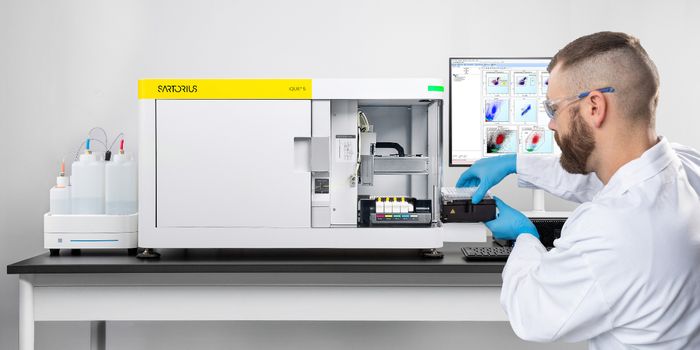Cocktail of Common Antibiotics Fights E. coli Infections
Researchers at the Technical University of Denmark are working towards finding new methods for battling antibiotic resistant bacteria. Currently, many disease-causing bacteria retain resistant genes that protect them against antibiotic treatment. One such resistant gene, CTX-M-15, involves encoding the protein--extended spectrum beta-lactamase (ESBL) which leads to resistance in E. coli for urinary tract infections.
Learn more on antibiotic-resistant bacteria:
However, most recently researchers showed that a cocktail of two common antibiotics, mecillinam and cefotaxime, can result in specific multi-resistant E. coli (extended spectrum beta-lactamase, ESBL) sensitive to treatment again. Results of the cocktail antibiotics study was published in Nature and shows that bacteria resistant to mecillinam, were now sensitive to the drug cefotaxime and bacteria that had become resistant to cefotaxime were now sensitive towards mecillinam. These drugs could be administered orally -- as pills, making it easier for doctors to prescribe the already approved drugs to treat multi-drug resistant E. coli (ESBL) infections.

"The results are interesting because we showed that bacteria simply can't survive both drugs. Also, the same gene with only one mutation shows this switch-function. Normally, you will find multiple mutations in multiple resistance genes, controlling different mechanisms," says first-author Carola Rosenkilde, PhD-student at the Novo Nordisk Foundation Center for Biosustainability (DTU Biosustain) at Technical University of Denmark (DTU). "We need to take precautionary measures to avoid resistance, because it is very likely that this mutation will occur at some point. By giving both mecillinam and cefotaxime at the same time, the CTX-M-15 mutation works like a switch, and the bacteria become sensitive to treatment again.”
Source: Technical University of Denmark








